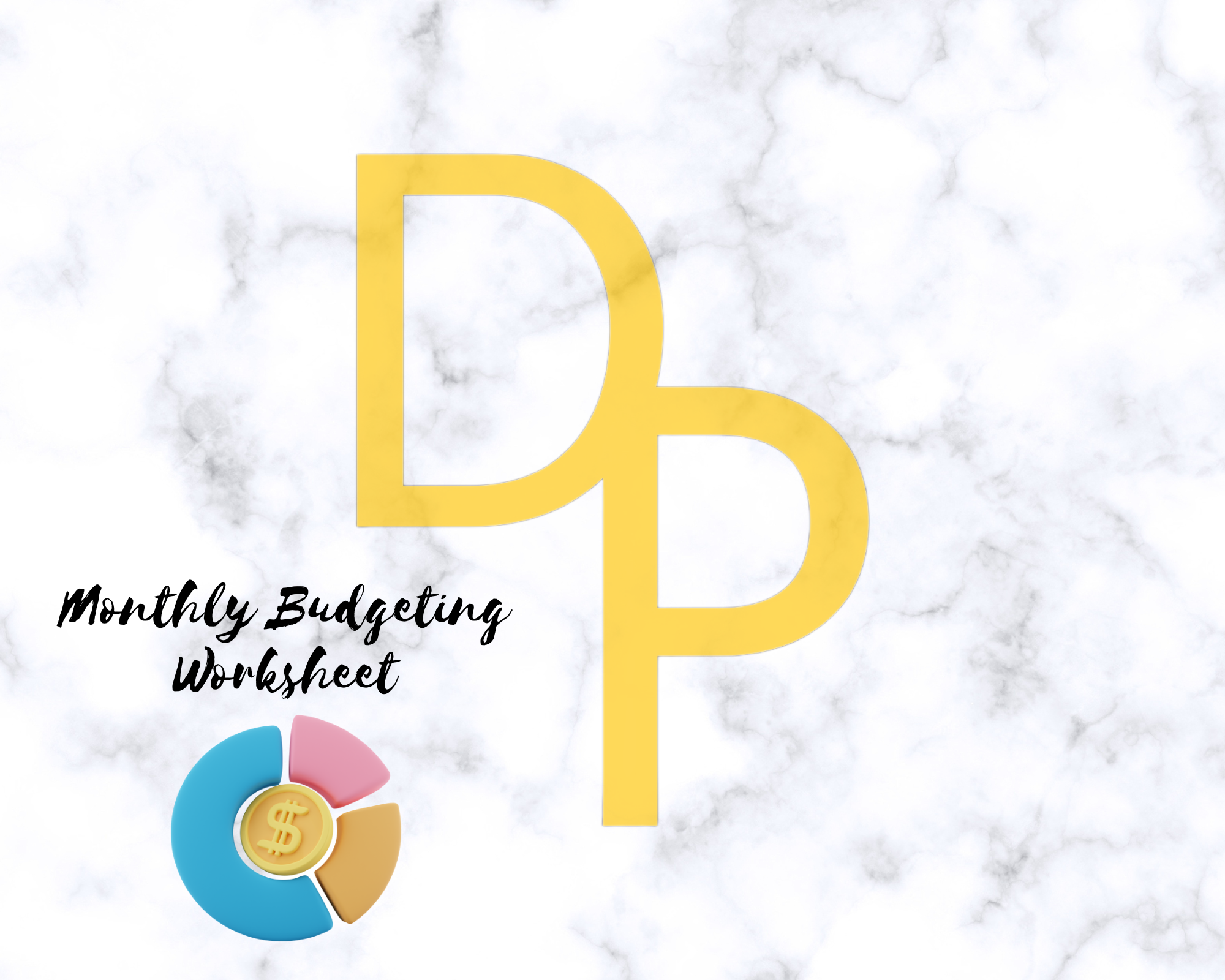Financial Literacy Education
The Importance of Financial Literacy
Financial literacy is the knowledge and understanding of essential financial concepts that enable individuals to make informed and effective decisions regarding their finances. It encompasses a range of topics, including budgeting, saving, investing, managing debt, and planning for retirement. Being financially literate is crucial because it empowers people to control their money, avoid financial pitfalls, and build a secure future.
With a solid foundation in financial literacy, individuals can effectively manage their income and expenses, which helps them avoid common problems such as overspending, mounting debt, and living paycheck to paycheck. Financially literate people are better prepared to set realistic financial goals, save for emergencies, and invest wisely, which contributes to their overall financial well-being. Furthermore, they can make informed decisions about credit, loans, insurance, and other financial products, reducing the risk of costly mistakes.
In today’s complex financial landscape, understanding money matters is more important than ever. From student loans and credit cards to mortgages and retirement plans, making smart financial choices can have a profound impact on one’s quality of life. Financial literacy provides the tools and knowledge to navigate these decisions, helping individuals achieve financial independence, stability, and success.
These Financial Literacy chapters will thoroughly review and refresh your knowledge on a wide range of important financial topics and concepts.
-
-
Budgeting & Saving
Review the essentials of budgeting and saving to take control of your finances. This module covers how to track income and expenses, set savings goals, and manage your money wisely. By building effective saving habits and prioritizing your needs, you’ll gain the skills to avoid debt, plan for emergencies, and work toward long-term financial goals.
Review the essentials of budgeting and saving to take control of your finances. This module covers how to track income and expenses, set savings goals, and manage your money wisely. By building effective saving habits and prioritizing your needs, you’ll gain the skills to avoid debt, plan for emergencies, and work toward long-term financial goals.
-
Creating a Budget
Creating a budget helps you manage your money effectively. This module will teach you how to track spending, categorize expenses, and develop a budget that suits your financial goals. Learn practical budgeting techniques, such as the 50/30/20 rule, and how to adjust your budget as your circumstances change, setting you up for long-term financial success.
Creating a budget helps you manage your money effectively. This module will teach you how to track spending, categorize expenses, and develop a budget that suits your financial goals. Learn practical budgeting techniques, such as the 50/30/20 rule, and how to adjust your budget as your circumstances change, setting you up for long-term financial success.
-
-
-
Consumer Credit
The Consumer Credit module reviews the basics of borrowing, credit scores, and responsible credit management. You'll learn or recall how credit works, the importance of a credit score, and ways to build and maintain good credit. Understanding consumer credit helps you make informed decisions about loans, credit cards, and interest rates, giving you the tools to use credit wisely and avoid debt.
The Consumer Credit module reviews the basics of borrowing, credit scores, and responsible credit management. You'll learn or recall how credit works, the importance of a credit score, and ways to build and maintain good credit. Understanding consumer credit helps you make informed decisions about loans, credit cards, and interest rates, giving you the tools to use credit wisely and avoid debt.
-
Loans
The Loans module covers the fundamentals of borrowing, from types of loans to understanding interest rates and repayment terms. You'll review the differences between secured and unsecured loans, how interest impacts your total repayment, and strategies for managing loan debt. Understanding loans helps you borrow wisely, avoid debt pitfalls, and achieve financial stability.
The Loans module covers the fundamentals of borrowing, from types of loans to understanding interest rates and repayment terms. You'll review the differences between secured and unsecured loans, how interest impacts your total repayment, and strategies for managing loan debt. Understanding loans helps you borrow wisely, avoid debt pitfalls, and achieve financial stability.
-
Debt
The Debt module explores the essentials of borrowing, types of debt, and effective strategies for managing financial obligations. You'll review "good debt" versus "bad debt," the importance of debt-to-income ratios, and consequences of excessive debt. This module reminds you to make informed choices about borrowing, avoiding pitfalls, and developing a plan for repayment.
The Debt module explores the essentials of borrowing, types of debt, and effective strategies for managing financial obligations. You'll review "good debt" versus "bad debt," the importance of debt-to-income ratios, and consequences of excessive debt. This module reminds you to make informed choices about borrowing, avoiding pitfalls, and developing a plan for repayment.
-
-
-
Taxes
The Taxes module reviews the basics of taxes, including types of taxes, key forms, deductions, and credits. You'll learn how taxes impact your income, the importance of filing correctly and on time, and tips to avoid common mistakes.
The Taxes module reviews the basics of taxes, including types of taxes, key forms, deductions, and credits. You'll learn how taxes impact your income, the importance of filing correctly and on time, and tips to avoid common mistakes.
-
Investments
The Investments module reviews the basics of investing, including stocks, bonds, and mutual funds. You’ll learn about risk vs. reward, the importance of diversification, and strategies for long-term growth.
The Investments module reviews the basics of investing, including stocks, bonds, and mutual funds. You’ll learn about risk vs. reward, the importance of diversification, and strategies for long-term growth.
-
Retirement
The Retirement module covers the essentials of planning for your future, including retirement accounts like 401(k)s and IRAs. You’ll review the benefits of starting early, how to estimate your retirement needs and useful tips. Planning ahead helps ensure financial security later in life.
The Retirement module covers the essentials of planning for your future, including retirement accounts like 401(k)s and IRAs. You’ll review the benefits of starting early, how to estimate your retirement needs and useful tips. Planning ahead helps ensure financial security later in life.
-


